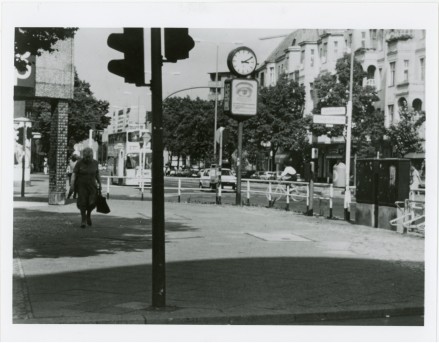
Signal—Germany On The Air
Stills
About
"The chance collisions and harsh molecular energy of the urban street have been Ernie Gehr's most consistent source of inspiration: films from his early Reverberations and Still through Eureka and Shift to the recent Untitled (1981) are all, in their ways, city symphonies—symphonies, that is, as they might have been conceived by as austere composer as Webern or Berg. So too is Gehr's latest, Signal—Germany on the Air, which has its world premiere Saturday at Millenium. A 40-minute suite of ‘empty’ compositions and puzzling pans, set mainly in a summery, but otherwise nondescript, urban intersection, Signal is deliberately antidramatic. As Walter Benjamin wrote approvingly of Atget, Gehr's landscapes ‘lack atmosphere.’
Like Atget as well, Gehr could be said to photograph the street as though it were the scene of a crime. Signal marks the filmmaker's return to Berlin, the city from which his parents were driven in 1939. In this sense, as minimal as it may seem, Signal is a film about culture shock, about coping, about memory, about evidence, about the things that remain. (This latter notion is reinforced by the ebb and flow of pedestrian traffic past various clocks, lampposts, and fireplugs.) History as such first intrudes with Gehr's sudden shift to what appears to be a derelict factory on a barren lot. An unkempt multilingual sign identifies the building as the former Gestapo headquarters.
Gehr's best-known films, the ones that established his reputation in the late '60s and early '70s, are famous for their rigorous deployment of one or two formal devices. His recent work, though, has been less overtly systematic, and it's difficult on a single viewing to grasp Signal's infrastructure. This is not just the most autobiographical, but also the least determined, of Gehr’s movies. (He’s called it ‘almost a diary film.’) The intersection where most of Signal is filmed is like a metaphor for the movie as a whole. Some connections are made from shot to shot; more often, though, Gehr seems to be concentrating on the relationship between image and sound.
Signal is Gehr's longest sound film since Still and perhaps his most complex ever. The track is composed of chunks of ambient, asynchronous street noise, silence, and excerpts from the radio—
which, in Berlin, broadcasts in French, English, and Russian, as well as German. Even more disturbing than the shots of Gestapo headquarters or the Berlin freight yards is a radio English lesson which teaches the phrases ‘You people are all the same,’ ‘Don't blame me,’ and ‘What are you accusing me of?’ (As a kind of answering apocalypse, Gehr concludes the film with a thunderstorm concocted out of audio effects and end flashes.)
Ultimately, Signal is not just about how subtly sound transforms image; it's a movie about ghosts and unseen forces. Gehr has always been fascinated with film as an archeological trace ('a photo-memory of persons/objects in a cinematic force-field,’ as an early statement put it). In Still and Eureka, he literalized the past by re-presenting his landscape—through superimposition or rephotography—as the arena of present and absent energies. Here, the radio serves to make the invisible world concrete. As the signal shifts from station to station, the unfocused static deforms the placid bustle of the street.
The radio waves could be the breeze stirring the trees. The pedestrians swim and bob among these visceral transmissions; the total image seems suddenly so ethereal that the film's title, taken from a 1940s pulp magazine, becomes fact. Is the sound emanating from the phone booths or contained inside people's heads? As usual Gehr uses the simplest possible means to effect a subtle derangement in perception. Signal—Germany on the Air is a substantial addition to an oeuvre which is already among the most impressive in American film."
- J. Hoberman, The Village Voice, November 19, 1985
Films
-
Other films by this artist in our catalogue
- Read More
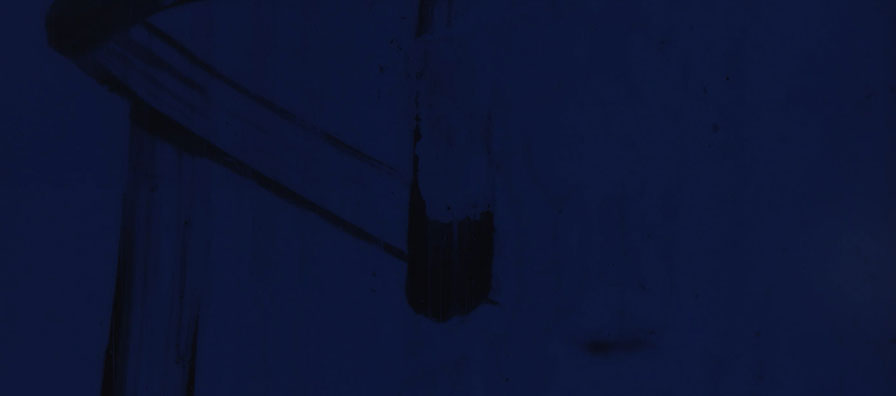 Experimental
ExperimentalMorning
Ernie Gehrcolor, silent, 5 minRental format: 16mm - Read More
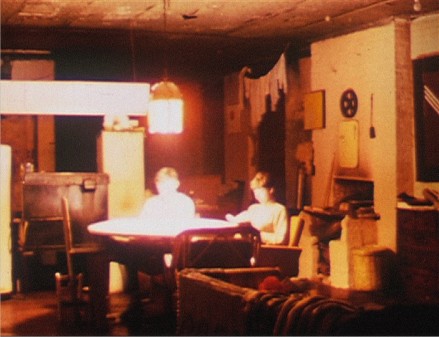 Experimental
ExperimentalWait
Ernie Gehrcolor, silent, 7 minRental format: 16mm - Read More
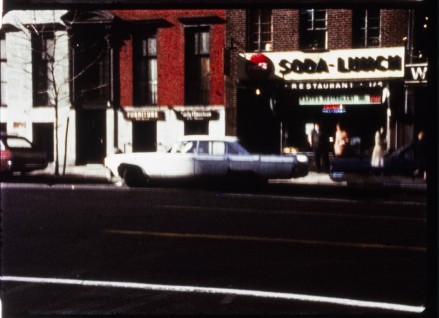 Experimental
ExperimentalStill
Ernie Gehrcolor, sound, 54 minRental format: 16mm - Read More
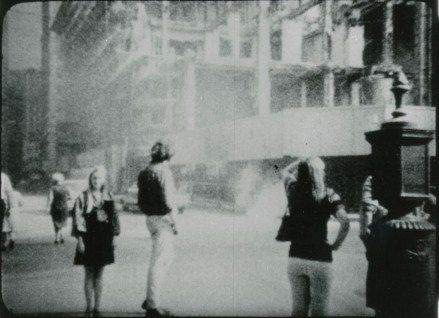 Experimental
ExperimentalReverberation
Ernie Gehrblack and white, sound on CD, 25 minRental format: 16mm - Read More
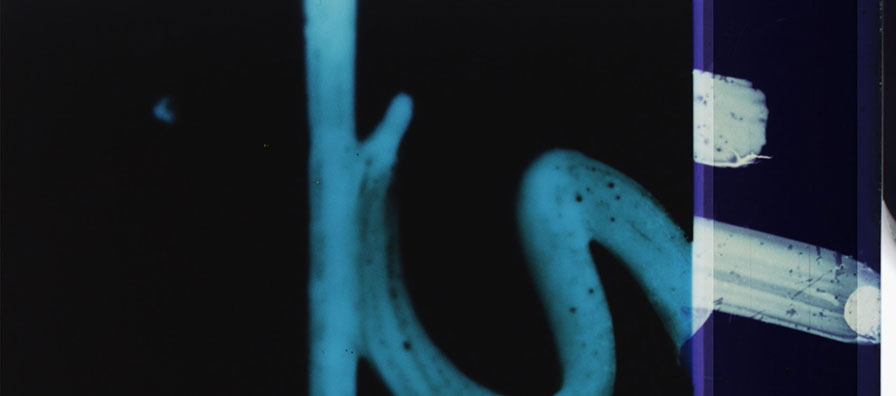 Experimental
ExperimentalTransparency
Ernie Gehrcolor, silent, 11 minRental format: 16mm - Read More
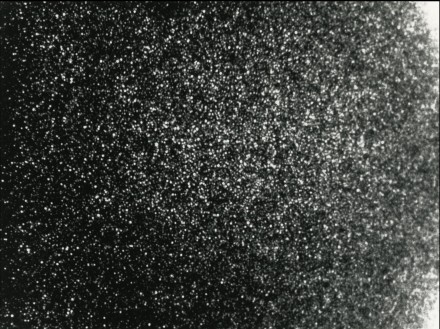 Experimental
ExperimentalHistory
Ernie Gehrblack and white, silent, 15 minRental format: 16mm - Read More
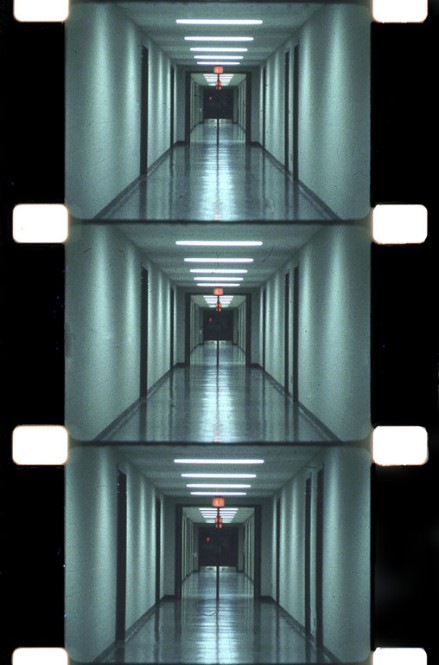 Experimental
ExperimentalSerene Velocity
Ernie Gehrcolor, silent, 23 minRental format: 16mm - Read More
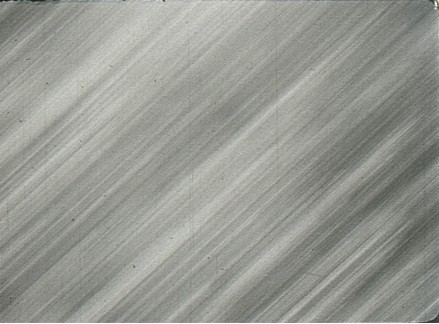 Experimental
ExperimentalField (Short Version)
Ernie Gehrblack and white, silent, 13 minRental format: 16mm - Read More
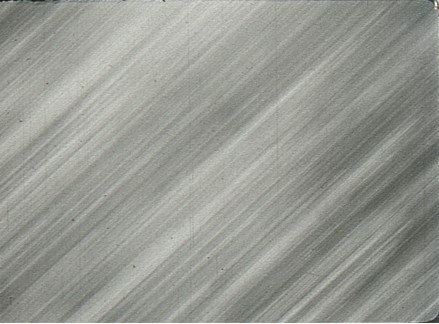 Experimental
ExperimentalField (Long Version)
Ernie GehrsilentRental format: 16mm - Read More
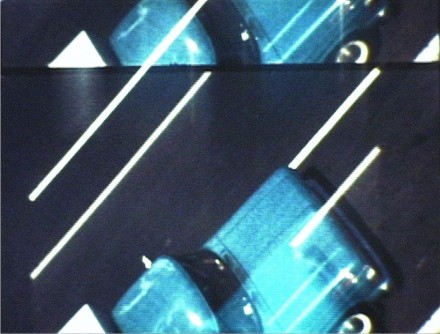 Experimental
ExperimentalShift
Ernie Gehrcolor, sound, 9 minRental format: 16mm - Read More
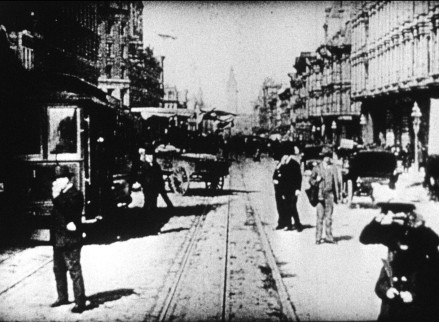 Experimental
ExperimentalEureka
Ernie Gehrblack and white, silent, 30 minRental format: 16mm - Read More
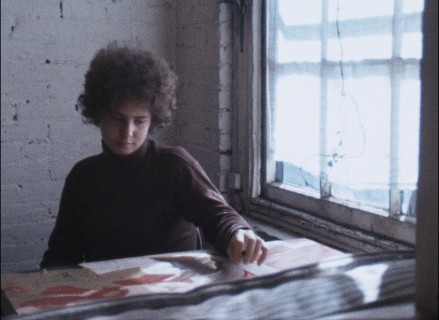 Experimental
ExperimentalBehind The Scenes
Ernie Gehrcolor, sound, 5 minRental format: 16mm - Read More
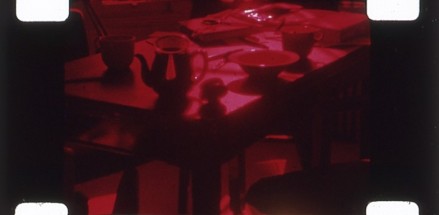 Experimental
ExperimentalTable
Ernie Gehrcolor, silent, 16 minRental format: 16mm - Read More
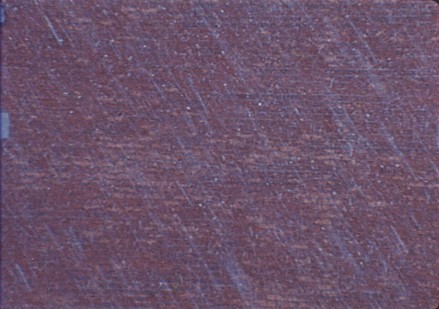 Experimental
ExperimentalUntitled
Ernie Gehrcolor, silent, 4 minRental format: 16mm - Read More
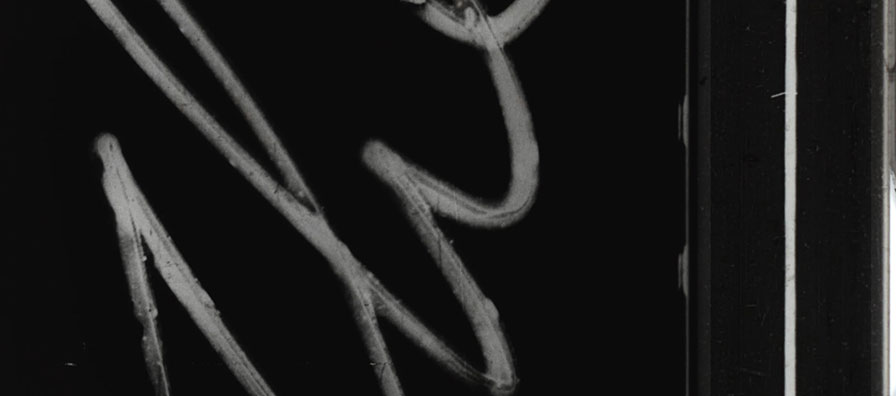 Experimental
ExperimentalMirage
Ernie Gehrcolor, silent, 12 minRental format: 16mm - Read More
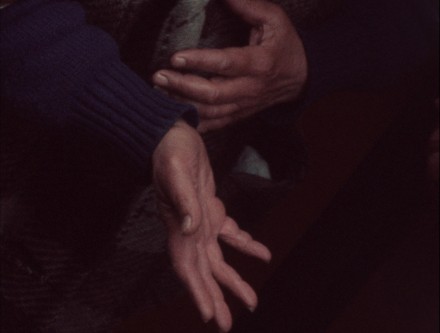 Experimental
ExperimentalAlong Brighton Avenue (A.K.A Untitled: Part One, 1981)
Ernie Gehrcolor, silent, 30 min - Read More
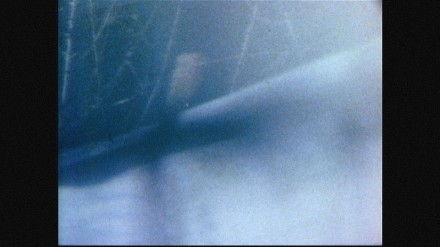 Experimental
ExperimentalRear Window
Ernie Gehrcolor, silent, 10 minRental format: 16mm - Read More
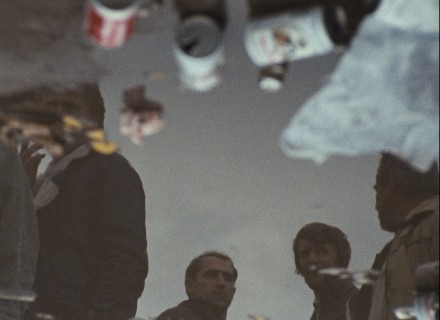 Experimental
ExperimentalThis Side Of Paradise
Ernie Gehrblack and white, sound, 15 minRental format: 16mm - Read More
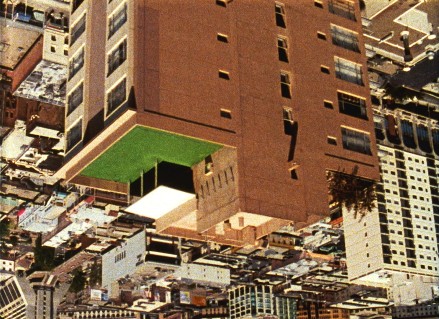 Experimental
ExperimentalSide/Walk/Shuttle
Ernie Gehrcolor, sound, 41 minRental format: 16mm - Read More
 Experimental
ExperimentalFor Daniel
Ernie Gehrcolor, silent, 72 minRental format: 16mm - Read More
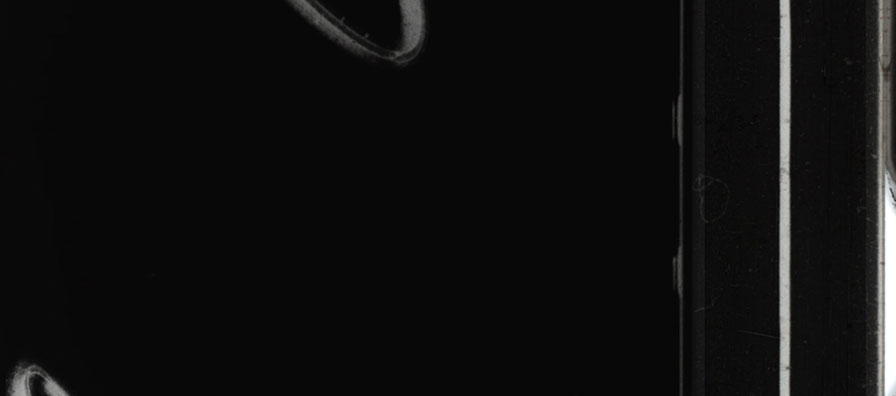
Passage
Ernie Gehr - Read More
 Experimental
ExperimentalPrecarious Garden
Ernie Gehrcolor, silent, 13 minRental format: 16mm